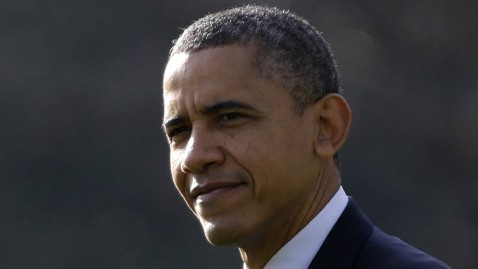LONDON: England ended world champions New Zealand's 20-match unbeaten run with a stunning 38-21 victory at Twickenham on Saturday.
Tries from Brad Barritt, Chris Ashton and Manu Tuilagi helped England, who had been 15-0 up early in the second half, stave off an All Blacks fightback that saw the visitors close to within a point at 15-14.
This was England's record margin of victory over the All Blacks, surpassing a 13-0 success in 1936 and their record score against New Zealand, beating the 31 points they managed in a 31-28 win in 2002.
It was only England's seventh win in 35 Tests against New Zealand and their first since 2003.
Owen Farrell may have been a shock choice alongside New Zealand's Dan Carter as one of four nominees for the International Rugby Board player of the year award, but he outplayed his opposing fly-half in a first half that ended with England, against all pre-match predictions, 12-0 ahead.
In all, the 21-year-old kicked 17 points as England ended 2012 on a huge high and ensured New Zealand captain Richie McCaw's last match before a six-month break ended in defeat.
England made just one change from the starting side that lost 16-15 to South Africa at Twickenham last week, with Farrell in for the injured Toby Flood.
New Zealand made three changes from the team that beat Wales 33-10, with Carter in for Aaron Cruden, experienced hooker Keven Mealamu replacing the suspended Andrew Hore, banned for his punch on Welsh lock Bradley Davies, and Brodie Retallick preferred in the second row to Luke Romano.
England knocked New Zealand out of their stride, both in the forwards and the backs.
And when New Zealand had a chance to open the scoring in the 15th minute, the normally reliable Carter was off-target with a 39 metre penalty.
Soon afterwards England, from a scrum penalty, kicked into the New Zealand 22 to set up a series of attacking line-outs.
The ball was worked across field only for Ashton to drop a pass from full-back Alex Goode metres out from the New Zealand line.
But the All Blacks had infringed earlier in the move and Farrell kicked the resulting close-range penalty.
Minutes later, Carter, the Test rugby's all-time leading points scorer, missed his second penalty attempt when a 31 metre effort went wide.
In open play, England were forcing turnovers, as well as other All Blacks errors, and Farrell kicked a 40 metre penalty to put the hosts 6-0 ahead in the 32nd minute.
England then disrupted a New Zealand line-out and from the drive forward, Farrell dropped a goal.
And there as still for Farrell to extend England's lead to 12-0 with a 45 metre penalty.
England were 12-0 in front against a New Zealand side that had not lost since a 25-20 defeat by Australia in Brisbane in August 2011.
Early in the second half, England went further ahead when, after their pack had forced a New Zealand scrum collapse, Farrell made no mistake with a difficult, 41 metre, penalty from the right to leave his side 15-0 in front.
But after a break by New Zealand's Cory Jane set up a line-out deep in England's 22, the ball was worked across field and left wing Julian Savea, despite the presence of four England players, went in for the first try of the match. Carter converted and England's lead had been cut to 15-7.
And two minutes later, New Zealand crossed England's line again, thanks to good work by Jane and Conrad Smith to send Kieran Read for another converted try.
England were now just 15-14 up but they then stemmed the All Blacks recovery with three tries of their own in a dramatic 10-minute spell.
Good interplay between centres Brad Barritt and Manu Tuilagi saw South Africa-born Barritt cross in the 52nd minute.
Five minutes later, England won quick ball off a line-out and Tuilagi smashed his way past Carter before sending in Ashton.
Farrell missed both conversions but there was more to come for England when Tuilagi intercepted Read's pass and sprinted over for a try.
England replacement Freddie Burns kicked two penalties and although Savea scored his second try, it was too late for the All Blacks to salvage their proud unbeaten run.
- AFP/fa










